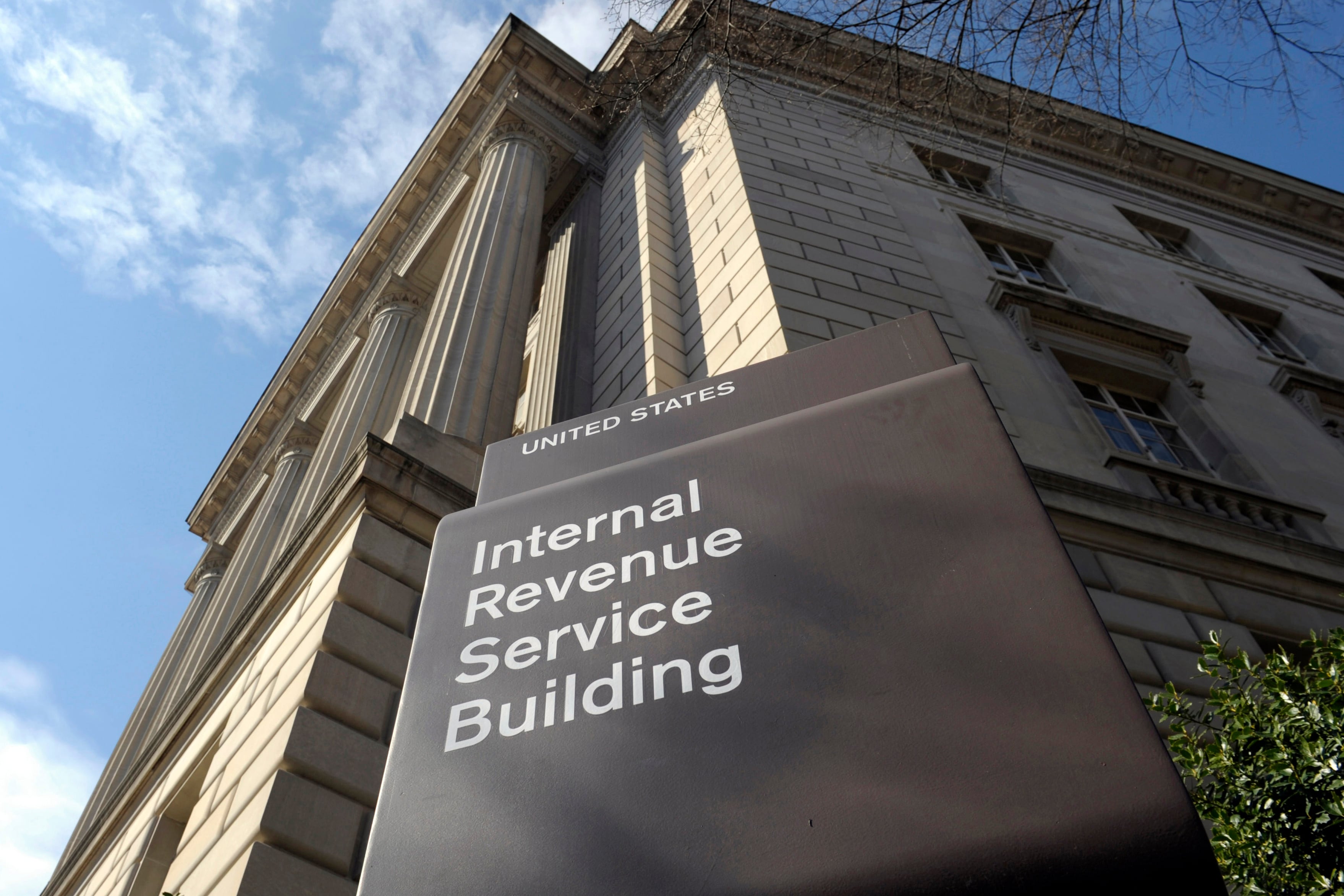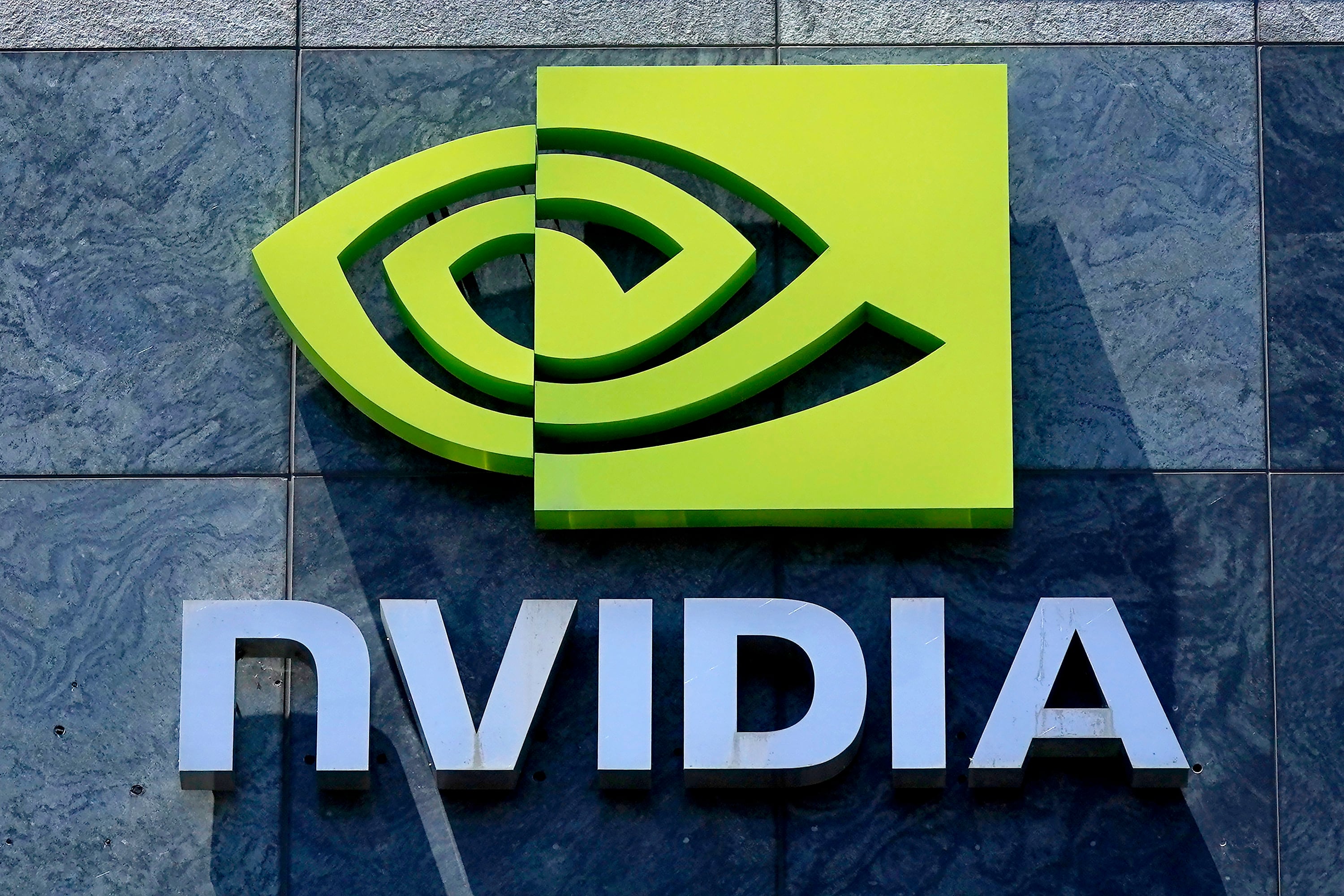China's fast fashion retailer Shein is facing a lawsuit that claims the clothing maker's copyright infringement is so aggressive, it amounts to racketeering.
The filing this week claims that Shein is in violation of the Racketeer Influenced and Corrupt Organizations Act, better known as RICO, a law originally crafted to prosecute organized crime.
“Shein has grown rich by committing individual infringements over and over again, as part of a long and continuous pattern of racketeering, which shows no sign of abating,” the filing says.
In an organized effort to create as many as 6,000 new items per day, Shein uses a “byzantine shell game of a corporate structure” to rip off designers, a coordinated illegal operation that can best be combated through the use of RICO statutes, according to the lawsuit.
The lawsuit is just the latest in a series of difficulties Shein has faced. In May a bipartisan group of two dozen lawmakers asked the Securities and Exchange Commission to put the brakes on an initial public offering by Shein until it verified that it does not use forced labor from the country’s predominantly Muslim Uyghur population.
The lawsuit, filed by three fashion designers in the U.S. District Court for the Central District of California, alleges “Shein produced, distributed, and sold exact copies of their creative work.”
“At issue here, inexplicably, are truly exact copies of copyrightable graphic design appearing on Shein products,” the civil lawsuit states.
Shein did not immediately respond to a request for comment Friday.
The designers are seeking unspecified damages and want injunctive relief to prevent further racketeering activity.
Shein hasn’t said whether it plans to go public this year, but there are reports that the company is raising money in anticipation of a U.S. listing before the end of the year.
Shein spokesperson Peter Pernot-Day has said the company takes transparency across its entire supply chain seriously.
But a Congressional report last month unloaded a blistering critique of Shein and another Chinese fashion retailer, Temu.
The report is part of an ongoing Congressional investigation into products offered to American consumers that could be made with forced labor in China. As part of the probe, the committee sent letters in early May to brands Nike and Adidas, as well as Shein and Temu asking for information about their compliance with the anti-forced labor law.
Shein said at the time that the company’s “policy is to comply with the customs and import laws of the countries in which we operate.” It also said it has “zero tolerance” for forced labor and has implemented a robust system to ensure compliance with U.S. law.












